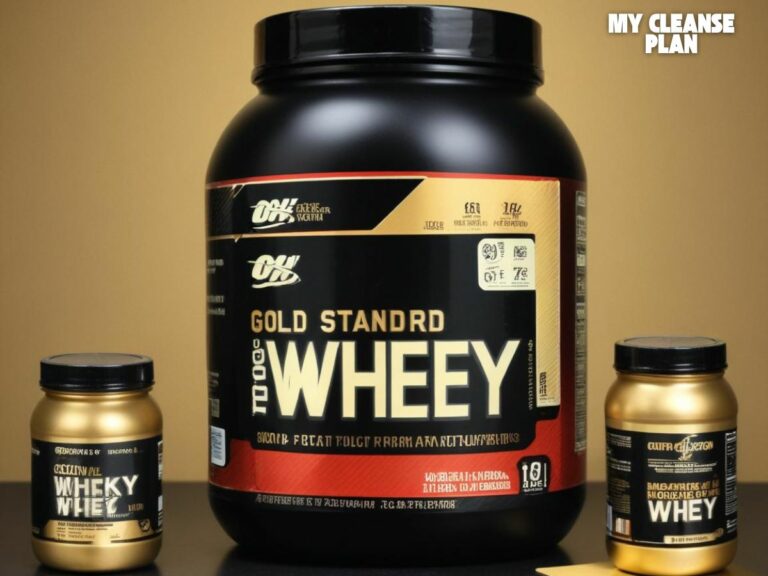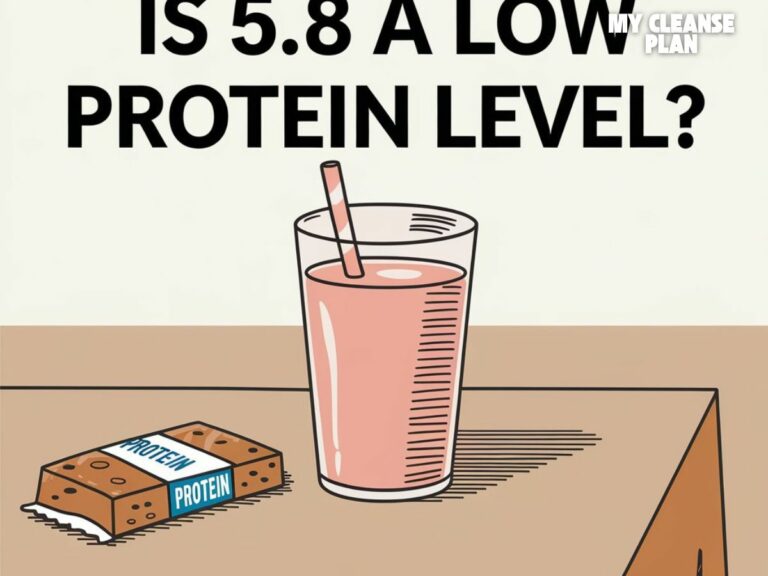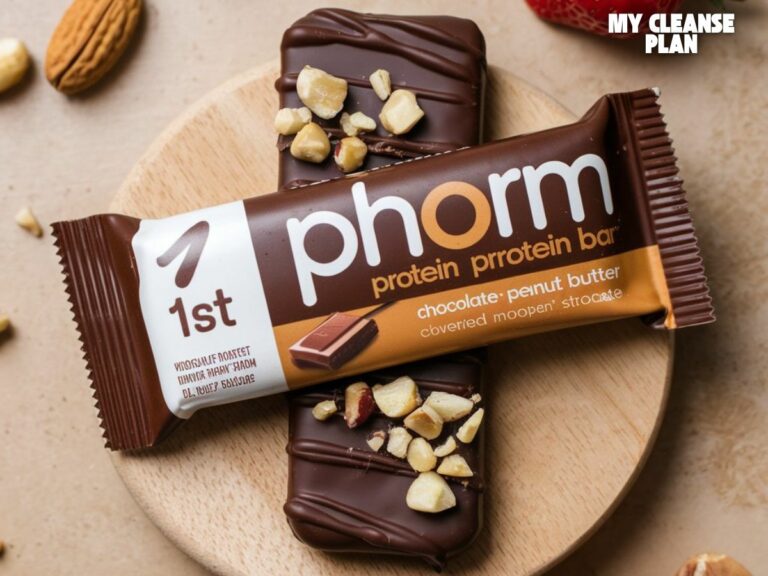Can I Replace Protein Powder with Egg White? Exploring the Pros and Cons
Ah, the age-old question that fitness enthusiasts and health-conscious individuals have been pondering – can I replace protein powder with egg white? Let’s dive into this topic and provide a comprehensive, well-researched, and engaging guide.
First and foremost, let’s address the elephant in the room – why would someone even consider replacing protein powder with egg whites?
The answer is quite simple: protein powder can be expensive, and some people prefer more natural, whole-food sources of protein. Egg whites, on the other hand, are a readily available, affordable, and highly nutritious option.
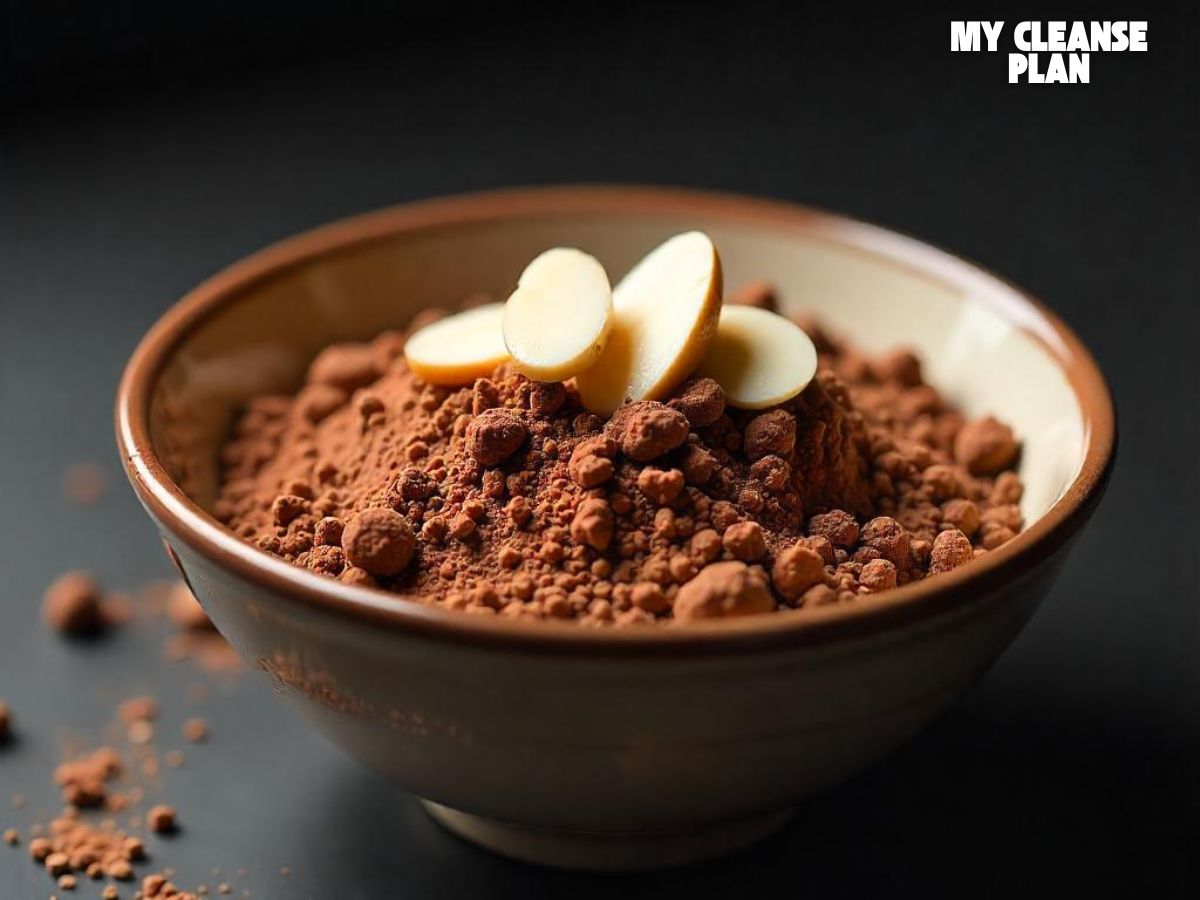
Key Takeaways
Expert Guide
The Nutritional Breakdown: Egg Whites vs. Protein Powder
To determine the fact that can I replace protein powder with egg white, we need to take a closer look at the nutritional profiles of each.
Let’s break it down:
Egg Whites
- Protein content: Approximately 3.6 grams of protein per large egg white
- Virtually zero fat and carbohydrates
- Packed with essential vitamins and minerals, including B vitamins, selenium, and riboflavin
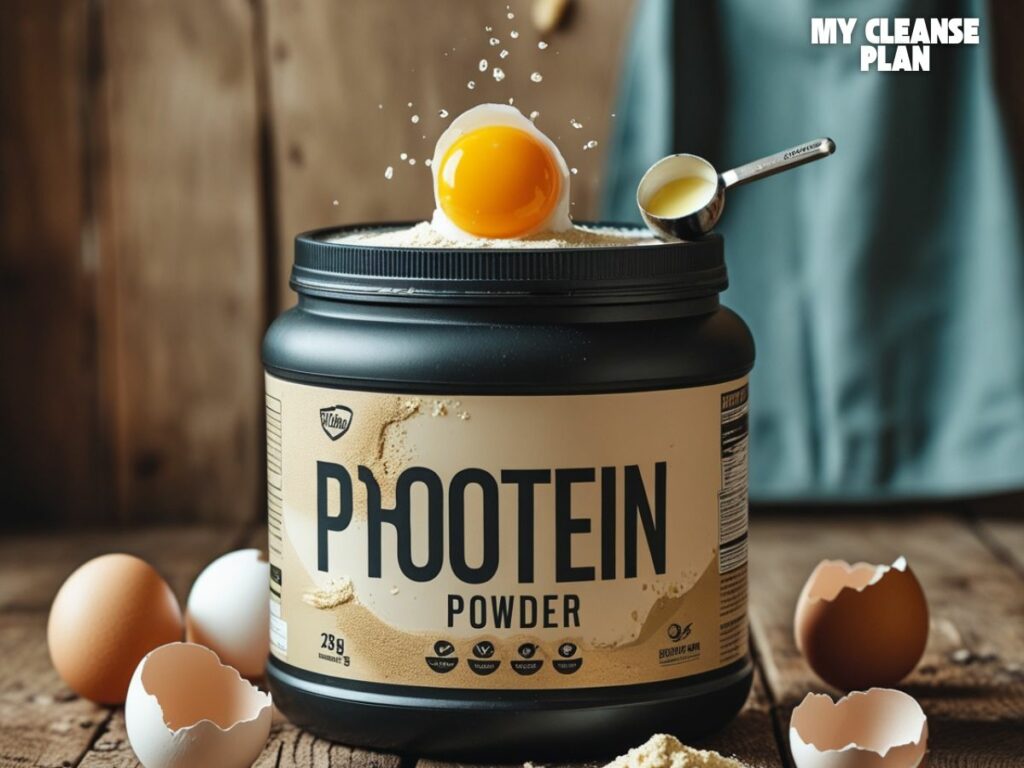
Protein Powder
- Protein content: Varies significantly, with most powders containing 20-30 grams of protein per serving
- Can be made from various sources, such as whey, casein, or plant-based proteins
- May contain additional nutrients, depending on the formula, but can also include added sugars, artificial sweeteners, and other additives
When you compare the two, it’s clear that egg whites provide a more natural and nutrient-dense source of protein, while protein powders offer a more concentrated and convenient option.
The question then becomes: can egg whites truly replace the convenience and protein content of protein powder?
The Pros and Cons of Replacing Protein Powder with Egg Whites
The choice between egg whites and protein powder ultimately depends on your individual needs, preferences, and goals. Here are the pros and cons of replacing protein powder with egg white.
Pros of Replacing Protein Powder with Egg Whites:
So, what are the benefits of swapping your protein powder for egg whites? Let’s explore:
- Natural and Whole-Food Source: Egg whites are a whole, unprocessed food, whereas protein powders can sometimes contain artificial additives or fillers.
- Cost-Effective: Egg whites are generally much more affordable than high-quality protein powders, making them a more budget-friendly option.
- Versatility: Egg whites can be easily incorporated into a variety of meals and snacks, from omelets and scrambles to baked goods and smoothies.
- Nutrient-Dense: In addition to providing a good amount of protein, egg whites also contain essential vitamins and minerals that can contribute to overall health and well-being.
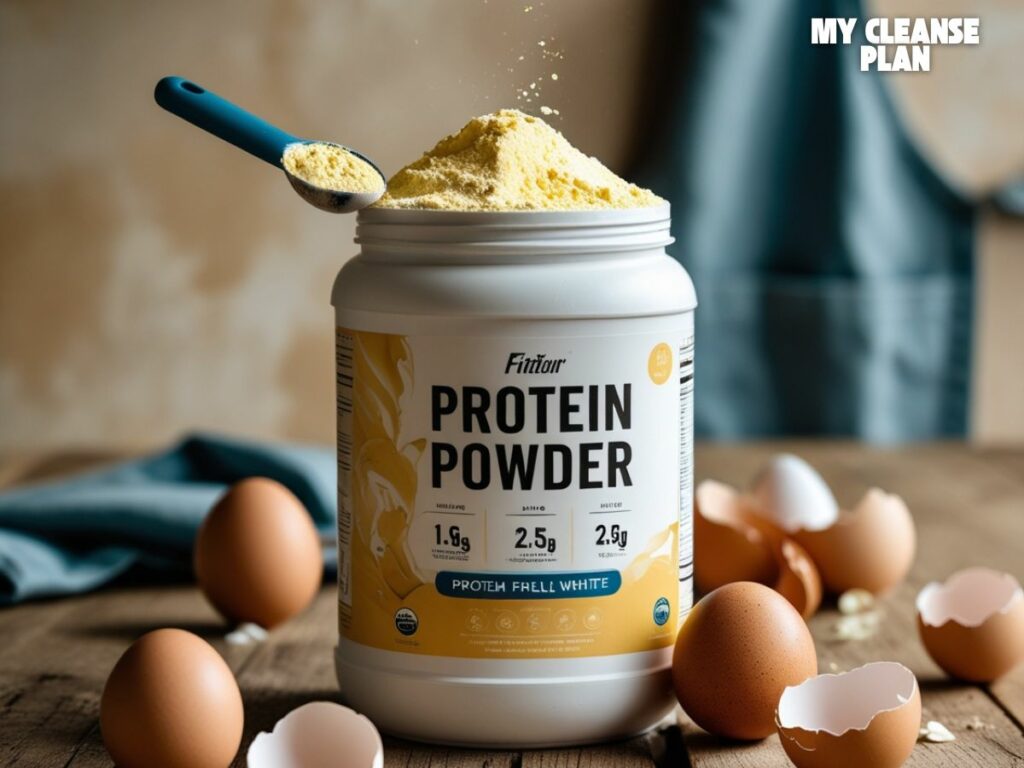
Cons of Replacing Protein Powder with Egg Whites:
While egg whites offer many benefits, they also come with some drawbacks:
- Protein Content: While egg whites do contain a decent amount of protein, they may not provide the same level of concentrated protein as many protein powders, especially for those with higher protein needs.
- Convenience: Protein powders are often more convenient to use, especially for on-the-go protein boosts or post-workout recovery shakes.
- Adaptability: Protein powders can be easily blended into various recipes, while incorporating egg whites may require more preparation and cooking.
- Potential Allergens: Some individuals may have egg allergies or intolerances, making protein powders a safer option.
How to Effectively Replace Protein Powder with Egg Whites
If you’ve decided that the pros of using egg whites outweigh the cons, here are some tips to help you effectively replace protein powder with this natural, whole-food source:
1. Determine Your Protein Needs
Before making the switch, calculate your daily protein requirements based on your activity level, body weight, and fitness goals. This will help you determine how many egg whites you need to consume to meet your protein needs.
2. Prioritize Whole Eggs
While egg whites are the protein-rich part of the egg, the yolks also contain important nutrients like healthy fats, vitamins, and minerals. Whenever possible, opt for whole eggs instead of just egg whites to get the full nutritional benefits.

3. Incorporate Egg Whites into Your Meals
Find creative ways to incorporate egg whites into your daily meals and snacks. Here are some ideas:
- Add egg whites to omelets, scrambles, or frittatas
- Use them in baking recipes like protein-packed muffins or pancakes
- Blend them into smoothies or protein shakes
- Hard-boil them for a quick, portable snack
4. Monitor Your Protein Intake
Keep track of how much protein you’re getting from your egg white consumption and adjust your intake accordingly. You may need to supplement with additional whole-food protein sources, such as lean meats, fish, or plant-based options, to ensure you’re meeting your daily requirements.
5. Consider Supplementing with Egg White Powder
If you find it challenging to consume enough whole egg whites to meet your protein needs, you can explore egg white powder as a more concentrated and convenient option. These powders typically contain 20-25 grams of protein per serving.
Remember, the key is to find a balance that works for your individual needs and preferences. Experiment with incorporating egg whites into your diet and monitor how your body responds to ensure you’re meeting your protein requirements and supporting your overall health and fitness goals.
How to Combine Egg White with Protein Powder
Ultimately, the decision to use egg whites or protein powder (or a combination of both) comes down to your personal preferences, dietary needs, and lifestyle. There’s no right or wrong answer – it’s all about finding what works best for you.
Explore Also:
Creativehouseblog
Dietsheriff
Gigasecurehome
One potential solution is to use a combination of egg whites and protein powder. This can give you the benefits of both sources, allowing you to meet your protein goals without having to consume an excessive amount of egg whites.
For example, you could start your day with a protein-rich breakfast made with egg whites, and then supplement with a protein shake made with powder later in the day.
This can help ensure you’re getting a diverse range of amino acids and nutrients while also making it more convenient to hit your protein targets.
By understanding the nutritional profiles, weighing the pros and cons, and implementing practical strategies, you can effectively incorporate egg whites into your diet.
Happy experimenting, and may your fitness journey be fueled by the perfect protein source!
FAQs Of Can I Replace Protein Powder with Egg White?
Is egg white a good substitute for protein powder?
Egg white is a high-quality, complete protein source, but it may not be as convenient or concentrated as protein powder.
How much egg white do I need to replace protein powder?
You’d need to consume around 14-41 egg whites per day to match the protein content of typical protein powder servings, which can be impractical.
What are the benefits of using egg white over protein powder?
Egg white is a natural, whole-food source without artificial additives. It also provides additional nutrients like riboflavin and selenium.
Are there any digestive issues associated with consuming egg white?
Some people may experience digestive discomfort or bloating when consuming large amounts of egg white, particularly if they are not used to it. This is due to the high protein content.


